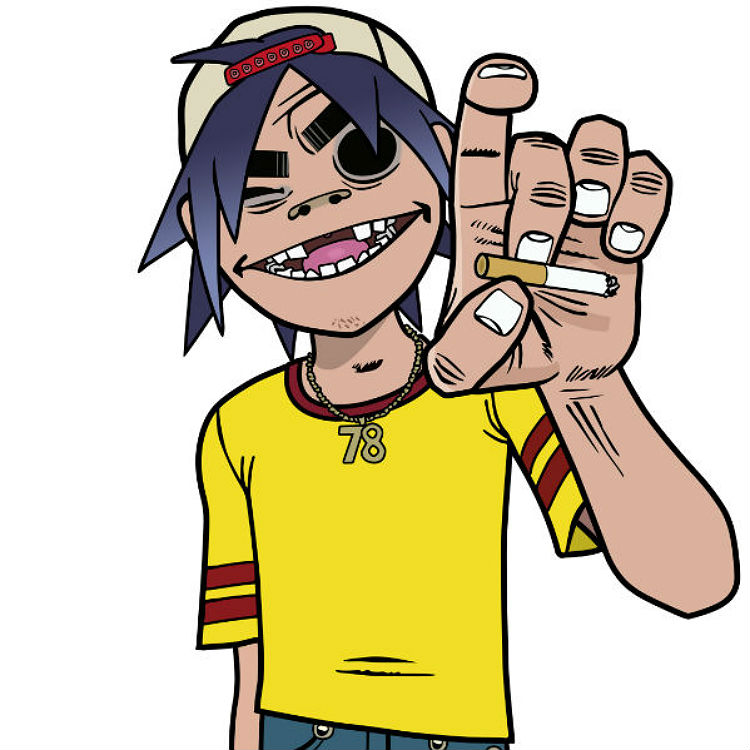 Photo:
Photo:
'best of' album has recently flopped spectacularly, and the word on the street is that your band will split any day soon - if you haven't already, that is. So what do you do now? If you replied, "you invent a completely new persona for yourself and commence work on an industrial-glam-pop act in the hope that no-one will realise it's you," then you're clearly thinking along the same lines as Jarvis Cocker.
Now acting as Darren Spooner, Britpop's favourite son returns to the fray with new project Relaxed Muscle, a bizarre exercise in souped-up performance art and Marilyn Manson-tinted pop. In some ways, of course, this isn't a complete change, as Pulp's suburban disco-rock was always drenched in heavy swathes of glam in any case. Bearing in mind his fondness for the avant-garde, a sub-electronic side project was always on the cards, but for fuck's sake, we never expected this.
Album opener 'The Heavy' begins as a stripped-down Nine Inch Nails romp - the sort of thing Brian Warner hears when eavesdropping outside Trent Reznor's studio door - and the next few tracks continue in a similar vein before standout 'Tuff It Out' rocks out amidst a head-on collision between T.Rex and Mud's 'Tiger Feet'. These two styles fight for space on the record's first nine tracks, until a final triumvirate of scratchy downbeat acoustica. As a Jarvis Cocker record, only final track 'Mary' bears any resemblance to the gloriously seedy perv-pop of old, and even there the likeness is minimal. With partner Wayne Marsden (aka Richard Hawley) as the faceless machine player to Spooner's madcap frontman, they're probably most accurately described as an industrial Pet Shop Boys.
Fair enough, this is far from album of the year, and their niche is not exactly the gap in your life you've been desperate to fill, but as a reinvention of character, it's tremendously exciting and almost unprecedented - up there with Robbie Williams reappearing as an Oasis-influenced indie rocker (minus the impending chart success). And whatever happens, it's always nice to welcome Jarvis Cocker back. Where this leaves Pulp, however, is anybody's guess.

































